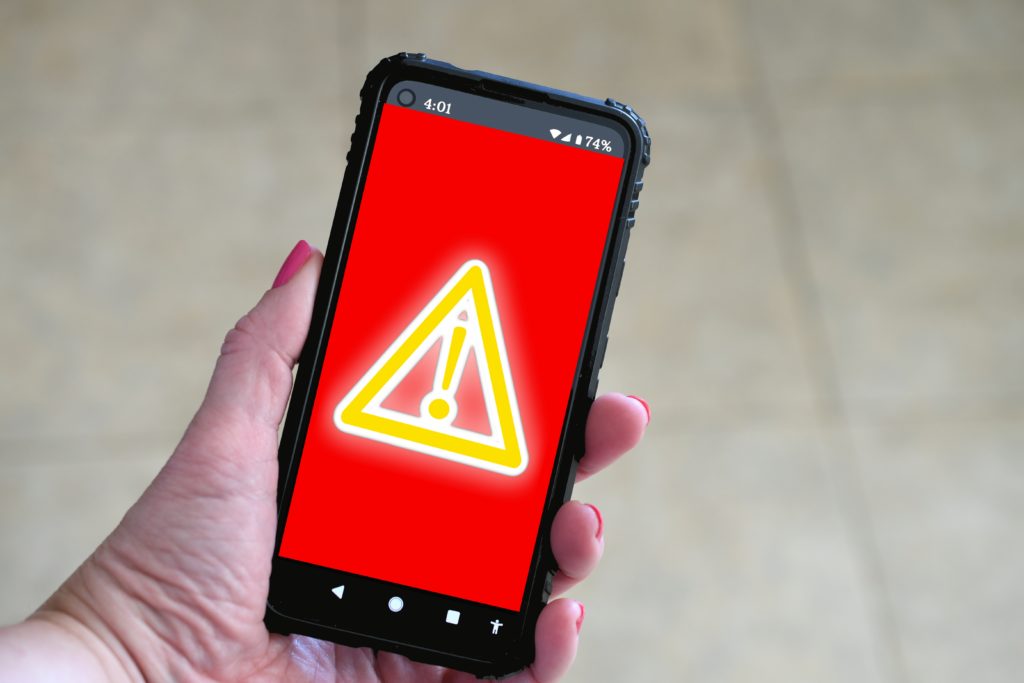Hackers are everywhere these days. They’re behind everything from phishing scams to identity theft to ransomware attacks. And as we’ve seen with recent high-profile hacks such as Target and Home Depot, hackers are becoming increasingly sophisticated.
There are many reasons why websites get hacked. In this post, we’ll look at how hackers hack websites and how you can protect yourself from becoming another victim.
It’s not enough to build a website. You also need to make sure it’s secure. You should do both. But how do you know if your site has been hacked?
We’ll cover some signs that your website may have been hacked and how to fix each problem. We’ll also talk about why it’s essential to check your website regularly and how to protect yourself against future hacking attempts.

What Does Hack Mean?
Hacking is when someone breaks into your computer system and steals information. This includes credit card numbers, passwords, emails, documents, photos, etc. Cisco describes a hacker and what a hacker does in more detail here.
Hackers who break into your computer steal data, including credit card numbers, passwords, bank account details, personal photos, and emails. They can use this stolen information to commit fraud, impersonate you online, or sell your private information to others.
The most common types of hacking are called web attacks and malware. Web attacks occur when hackers break into your website and steal information. Malware is software designed to infiltrate your computer system and steal data.
The most common type of malware is called a Trojan horse. Trojans are viruses that hide inside another program. Once they infect your computer, they can access your sensitive data and take over your computer.
Another type of malware is called ransomware. Ransomware encrypts your files and asks you to pay a ransom to decrypt them. Some types of ransomware require payment within 24 hours, while others allow you to wait longer.
Finally, there are phishing scams. Phishing is when criminals send fraudulent emails pretending to come from a trusted source, such as PayPal or eBay. These emails contain links to websites where users enter their personal information, such as usernames and passwords.
Hackers Can Steal Personal Information
If you’re not careful, hackers can steal personal information from your computer. Hackers use malware (short for malicious software) to access your computer. They may install viruses, Trojan horses, worms, adware, spyware, or other types of malware on your computer. Once installed, these programs can be used to steal your private data, including passwords, credit card numbers, bank account details, and social security numbers.
To protect yourself from hackers, keep your operating system updated and run antivirus software regularly. Also, never give your password to anyone, especially online shopping or banking. Keep your browser settings secure too. Don’t open unsolicited email attachments or download files from unknown sources. And finally, change your passwords often.

If Someone Gets Into Your Computer, They May Damage or Delete Files
Hacking is when someone gains access to your computer system and uses it to steal information or damage files. Hackers may use viruses, malware, or brute force attacks to gain unauthorized access to your computer. They exploit security vulnerabilities common to most sites.
The most common type of hacking involves gaining access to your computer through a vulnerability in your web browser. This can happen if you visit a malicious website or download an infected file. Once hackers have gained access to your computer, they can install programs, delete files, change settings, or even take over your computer completely.
To protect yourself, keep your operating systems updated and run antivirus software. Use strong passwords and never share sensitive information online. Also, be careful to who you give access to your computer. Don’t open attachments sent by strangers; only allow trusted individuals to log onto your computer.
Prevent Spam Emails
If you’ve ever received spam emails from your email address, you know how frustrating it can be. But did you know that hackers can use your computer to send millions of spam messages daily? And when you’re not looking, they can steal your personal information and sell it online.
Hackers often target websites that allow them to quickly access your computer. They may try to install malware (malicious software) on your computer, or they may try to take over your account and change your password. Hackers can even use your computer to send spam emails.
The most common ways to prevent this attack are to keep your operating system updated, protect yourself from phishing scams, and avoid clicking on suspicious links.
But there’s another critical step you can take to help prevent hacking attacks: regularly scan your website for viruses and malware. This is called web application scanning.
Web application scanning helps detect malicious code, including viruses, Trojans, worms, adware, spyware, and other types of malware. Web application scanners can find hidden files, directories, and registry keys that contain harmful content.

Your Website may be Compromised
If you suspect your site has been hacked, there are several ways to find out. First, log onto your web host’s control panel and search for suspicious activity. Second, contact your web hosting company and ask them to investigate. Third, review your server logs and search for suspicious activity, such as failed login attempts or requests for files that shouldn’t be available. Fourth, check your email messages for signs of hacking. Finally, scan your computer for malware.
To protect yourself from hackers, keep these tips in mind:
- Never open email attachments unless you trust the sender.
- Always verify the authenticity of websites before entering personal information.
- Keep antivirus software updated and run scans regularly.
- Back up essential documents frequently.
- Use strong passwords and change them periodically.
- Avoid clicking on suspicious links or downloading unknown programs.
- Don’t share login credentials for financial accounts, social media sites, or other services.
- Be wary of unsolicited phone calls or messages from strangers asking for personal information.
- Report suspected hacking attempts to law enforcement officials.
- Consider hiring a professional IT support company to monitor your network and computers for hackers.
If you find any suspicious activity on your website, such as unnatural links being added or comments posted from unknown IP addresses, you should immediately contact your web host. They will usually have tools to check your site for malware and clean it up.
For any questions or inquiries, feel free to contact us. Dig Designs has some more Tips to Keep Your Website Safe from Hackers for more detailed information.


